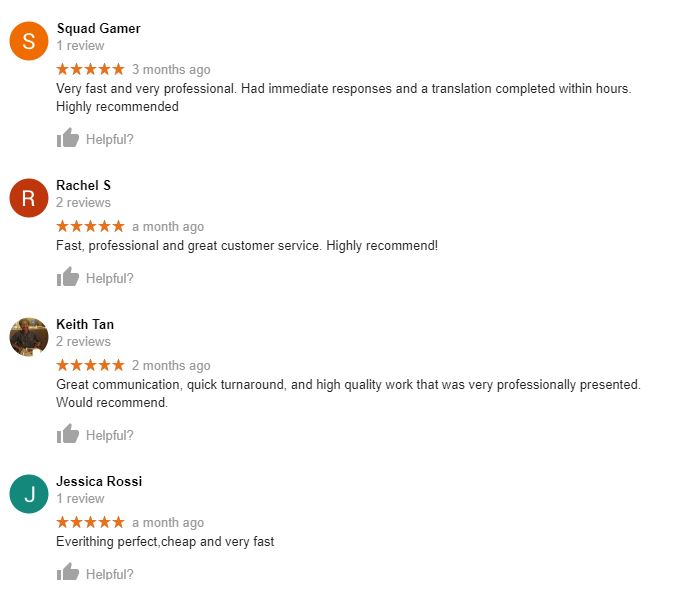Adelaide Translation Services » Icelandic translator » Icelandic Technical Translation
Icelandic Technical Translation

Adelaide translation uses full-time, professional Icelandic translators for Icelandic technical translations.
Icelandic technical translations are required across many industries, including food processing, fuel refinery, energy and mining, solar, waste treatment, manufacturing, civil construction and mechanical engineering.
Icelandic Technical Translators
Upload your documents for translation
Latest Testimonials

About the Icelandic Language
Icelandic retains many grammatical features of other ancient Germanic languages, and resembles Old Norwegian before much of its fusional inflection was lost. Modern Icelandic is still a heavily inflected language with four cases: nominative, accusative, dative and genitive. Icelandic nouns can have one of three grammatical genders—masculine, feminine or neuter. There are two main declension paradigms for each gender: strong and weak nouns, which are furthermore divided in sub-classes of nouns, based primarily on the genitive singular and nominative plural ending of a particular noun.

